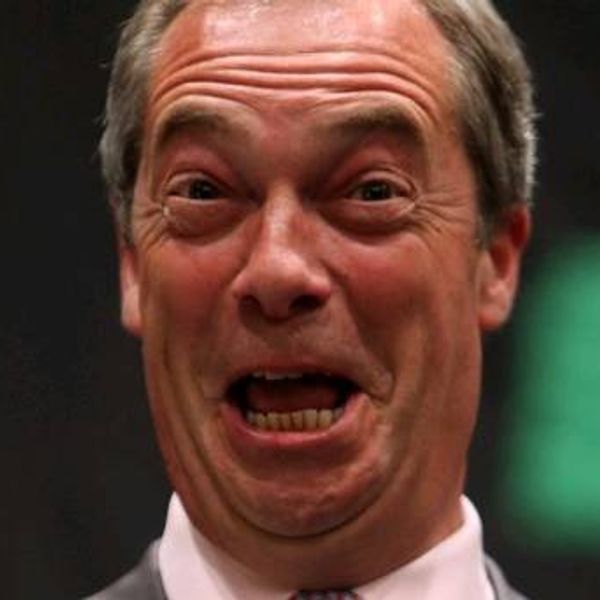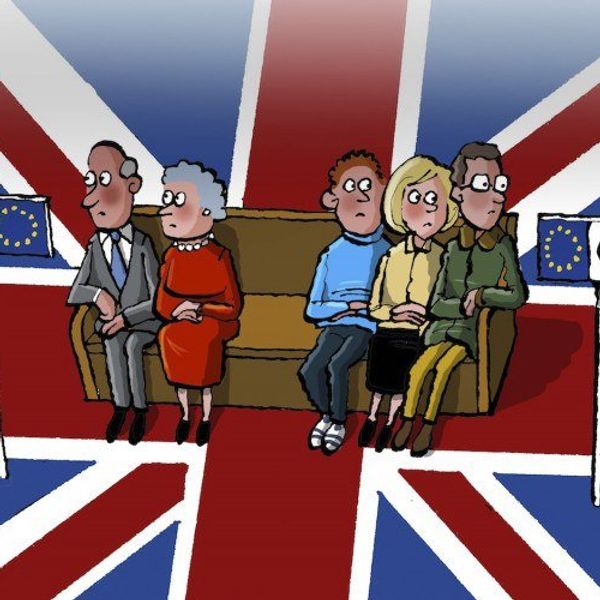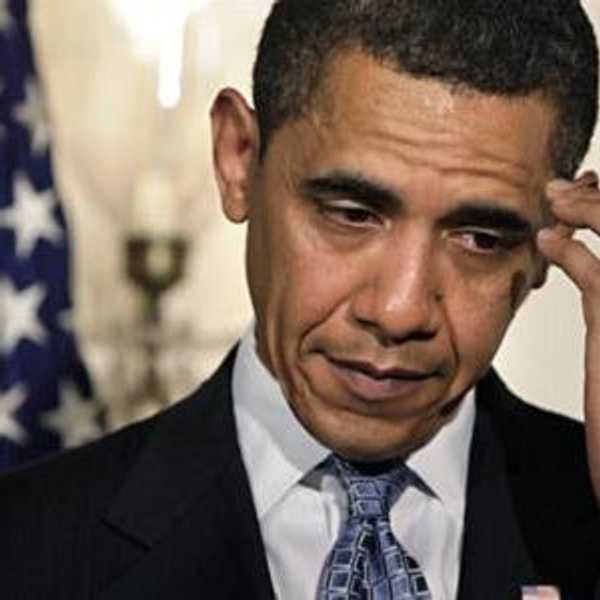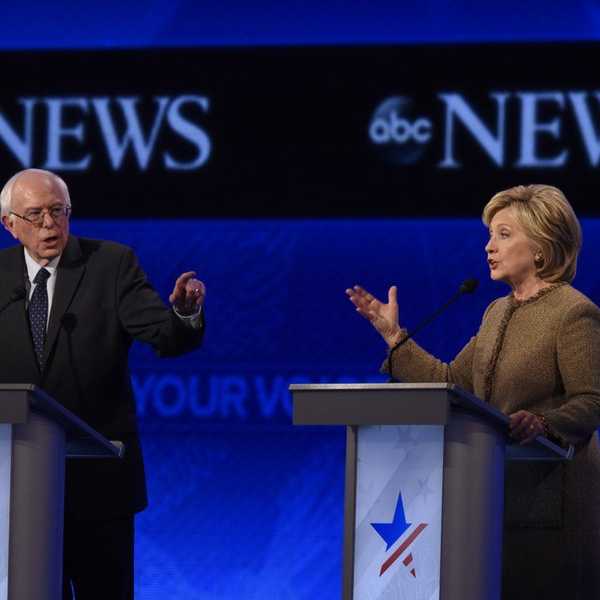If you have been keeping up with global news, occasionally check the stock market or follow budding global justice advocate Linsday Lohan on Twitter, there's a chance you have heard about the Brexit situation happening overseas. If you would like a full-disclosure recount of what exactly the Brexit decision entails regarding the future of the global economy, check out this article here. If you are fine with my condensed and simplified version of the decision, this is the run-down: essentially, the UK has officially decided to disassociate from the European Union (EU) for issues regarding economic disagreements and immigration concerns, all tied together through a pervading sense of Euroskepticism.
Although a large portion of the UK (primarily those under the "Remain" campaign) have been up in arms leading up to the passing of the referendum on Friday evening, an equally large portion of Americans have remained, for the most part, blissfully unaware of anything happening beyond the NBA draft and the next unintelligible statement bound to come out of Donald Trump's mouth, until a few days ago. As new details emerge and the American population begins to educate themselves on the subject, we have been placed on a roller coaster of emotions as the severity of this landmark decision is further actualized. Here to organize that process of realization and contextualize those ensuing emotions is none other than Michael Scott and the rest of The Office cast, providing clout to your feelings one prolonged, passive-agressive camera stare at a time.
Stage One: Confusion
With all of these foreign terms being thrown around all of a sudden (European Union, Brexit, Euroskepticism), it was easy for Americans to feel confused and slightly overwhelmed regarding the situation and its sudden coverage in US news. Why does this matter to me? Shouldn't they just leave if they really want to? What countries even make up the UK?
Stage Two: Apathy
After learning the basic gist of the "Leavers" side's justification behind wanting to abandon the EU, the situation was easily chalked up to a isolated European issue. If immigrant matters and political sovereignty is such an important facet of the UK, why don't they just leave then? It's not going to affect me either way, I don't care what they do.
Stage Three: Realization
Once the referendum passed, however, and the global market took on an immediate downward trend, the American interest was finally perked as the decision began to have a direct presence in US life (e.g. stocks). Wait, the DOW dropped how many points????
Stage Four: Decentralized Anger
Now that the referendum has shown that it directly affects the rest of the world and not just the UK, we here in America are not pleased and want answers. Unfortunately, we as a nation still remain largely uneducated on the intricacies behind the decision, due to both the lack and type of media coverage. What do you mean my opinion doesn't matter?! I'm 1/8th Irish!
Stage Five: Foreshadowing from the Forefathers
The relevance of the Brexit decision is now transcending national boundaries, as ties are being made between the inflammatory comments of UK Independence advocate Nigel Farage and Republican frontrunner Donald Trump, whose views on "making America/Britain great again" share shocking similarities. The parallels between Trump's anti-Latino-and-Muslim campaign and Farage's desire to "cleanse" the UK of refuge influence creates an alarming prospect for American politics during this monumental election year. Could the current state of the UK provide foreshadowing for the future state of America if Trump is elected? Possibly. Could this deep division between political parties within the nation be telling of potential civil unrest? Even more so.Will the American population recognize these unsettling similarities before blindly casting a ballot in November? One can only hope.





















